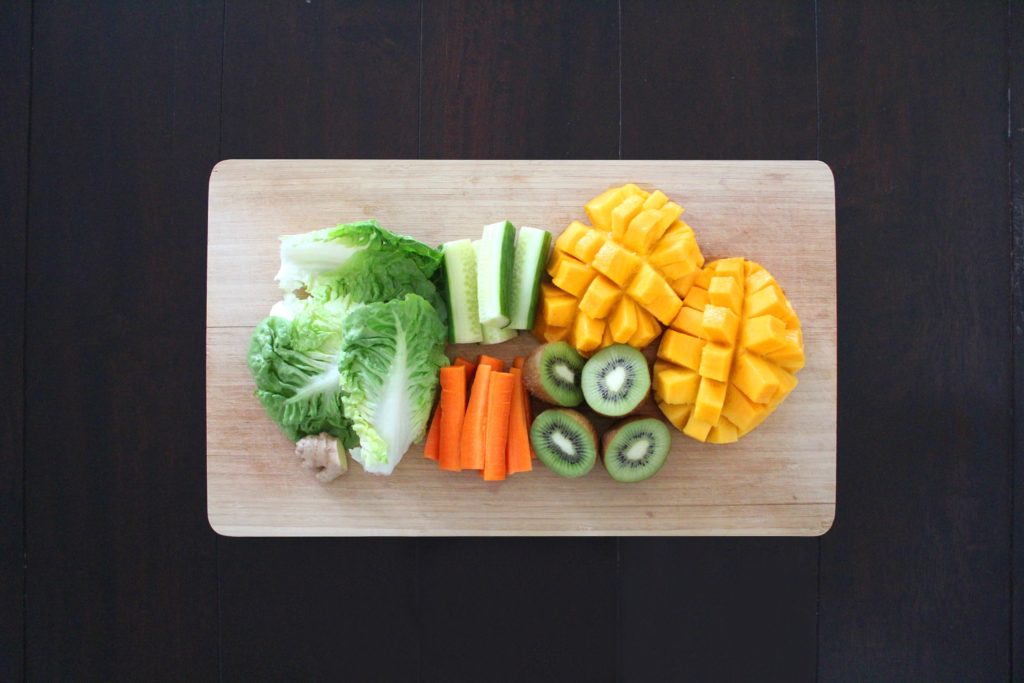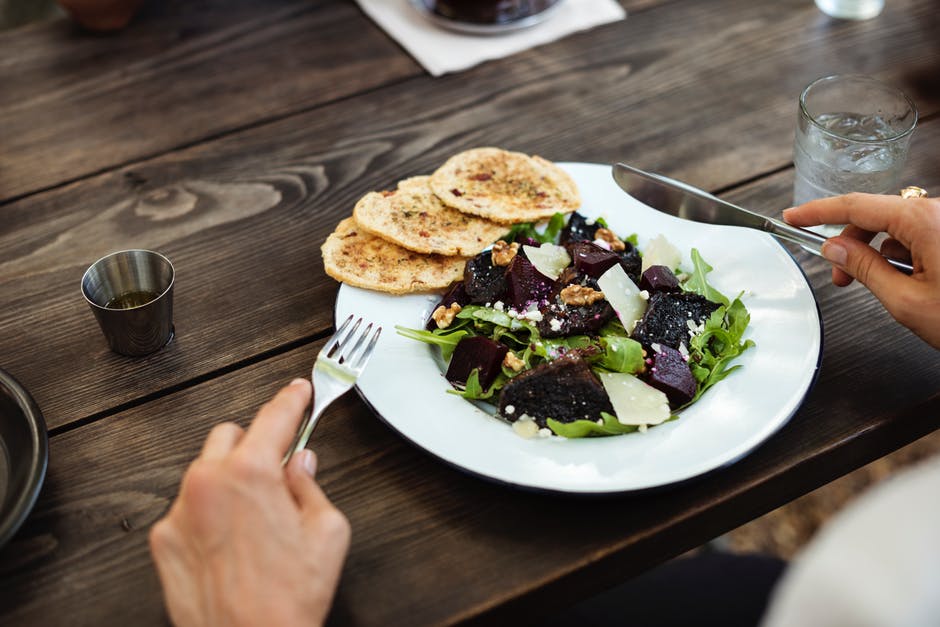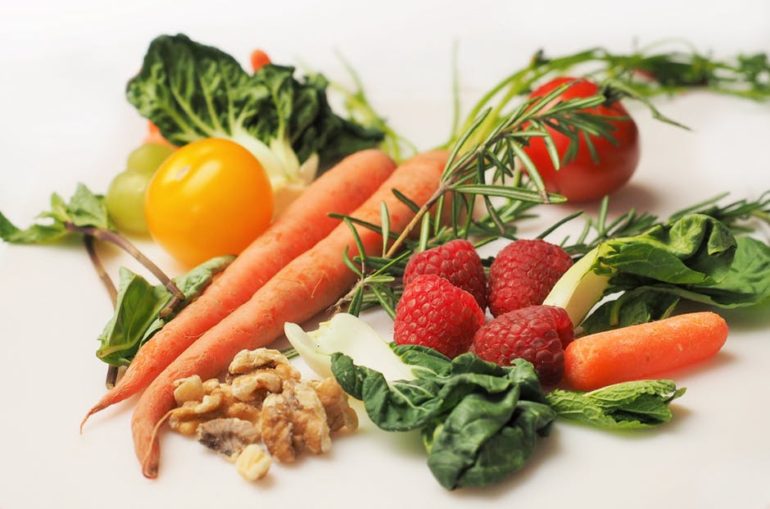With the prominence of Netflix documentaries such as What the Health, Food Inc, and Vegucated, it seems like going vegan is the fix to your current or potential health problems.
However, before making the big transition to cutting meat and dairy out of your diet, know that it’s not easy and not for everyone. Without careful planning and education about a vegan diet, you could be doing your body and health a disservice by making the transition.

You’re at a risk for nutrient deficiency!
Omega-3 deficiency, B-12 deficiency, iron deficiency … just to name a few.
Omega-3 fatty acids promote heart health. A lack of omega-3 can have you feeling overly tired constantly or even lead to heart problems.
Meat and dairy are the only food sources that naturally carry B-12, a nutrient that the body uses for keeping blood and nerve cells healthy as well as creating DNA. It also aids in preventing anemia – same goes for iron.
Know you’ll probably have to take supplements. Having blood work done well into your diet can clarify what all you’re missing.
Your diet will take way more planning!
Being vegan doesn’t mean you eat the same things as before and just take the meat off your plate. You will need to add more fruits, veggies, seeds, legumes, and grains to replace your missing calories. Being knowledgeable about your macronutrients is critical to being a healthy vegan, especially if you live an active lifestyle. The macronutrient recommendations for the standard adult will not cut it for you.
Soy is not your best friend.
The option of meat alternatives is plentiful. However, some of the biggest meal alternatives are heavy in soy. Eating too much soy may cause changes in your hormone levels, specifically estrogen dominance. This can make you vulnerable to many diseases, such as certain cancers, autoimmune disorders, depression, and more.

Dining out is a chore.
Although the prominence of veganism is rising, many of your everyday restaurants don’t cater to the lifestyle. If you are vegetarian, you will definitely be able to get by easier than a vegan. Because many products are cooked in animal by-products, a true vegan will have to pass on nearly the whole menu.
Being vegan isn’t just limited to food.
Animal by-products can be found in something as simple as soap! So if you’re really serious about the transition, you’ll have to triple check that your makeup, clothing, household items and more are certified vegan.
The diet doesn’t necessarily make you healthy by default!
Being vegan means that you’re not eating meat and dairy products. But technically that Lay’s chip is vegan … so while chowing down on those chips and washing them down with a Coke may make you vegan technically, that doesn’t necessarily make you healthier than someone who is eating meat.
So before you make the transition to being vegan, know that it may be challenging initially with the amount of research and planning you should do. As time goes on, it’ll be second nature to you and your body will thank you in the long run.



